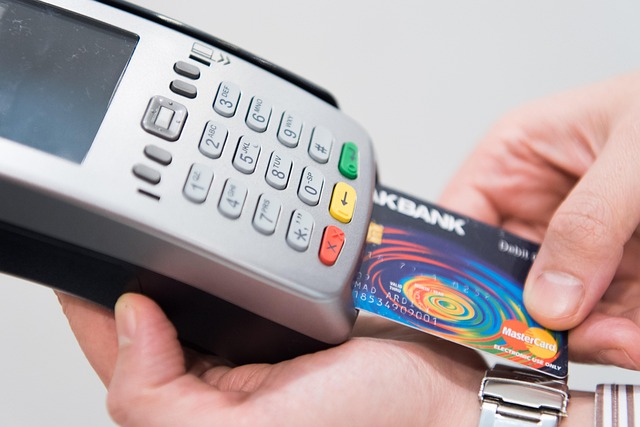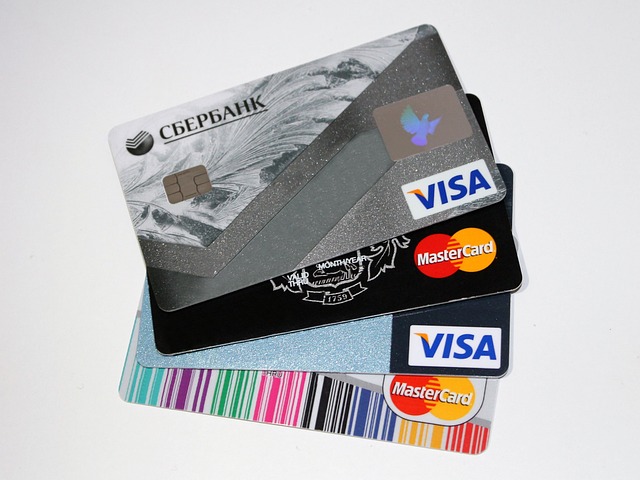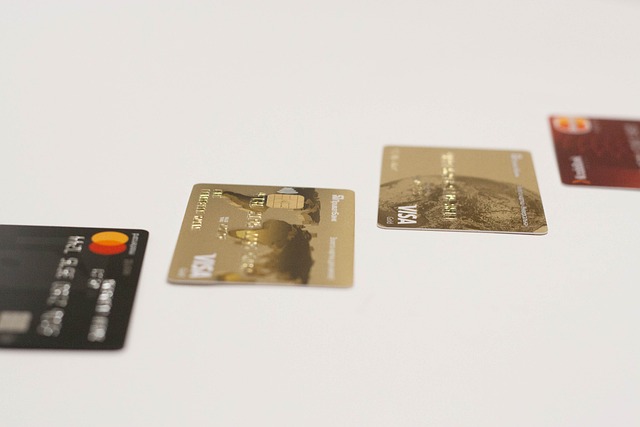In South Africa, boosting your credit score quickly involves adopting responsible financial habits like timely bill payments (40% of score), low credit utilization (30%), and regular credit report checks. Key strategies include disputing errors, paying down high-interest debts, maintaining low balances, and keeping old accounts open. Credit cards can aid improvement through responsible usage: low utilization rates, automatic full balance payments, and keeping old accounts open. Monitoring your score with bank services, reviewing statements, and paying bills on time are crucial steps for prompt enhancements.
Looking to improve your credit score in South Africa? This comprehensive guide is your ultimate plan for achieving financial health. We break down the fundamentals of understanding credit scores, revealing key factors influencing your SA credit rating. Discover quick wins to boost your score immediately and learn how to build a robust financial foundation. Additionally, we offer expert advice on responsible credit card usage and essential tips for monitoring your progress. Master these strategies and watch your credit score soar!
- Understanding Credit Scores: The Basics for South Africans
- Factors Influencing Your Credit Score in SA
- Quick Wins to Boost Your Credit Score Immediately
- Building a Solid Financial Foundation for Long-Term Credit Health
- Utilizing Credit Cards Responsibly: A Guide for SA Users
- Monitoring and Maintaining Your Credit Score: Tips and Tools
Understanding Credit Scores: The Basics for South Africans
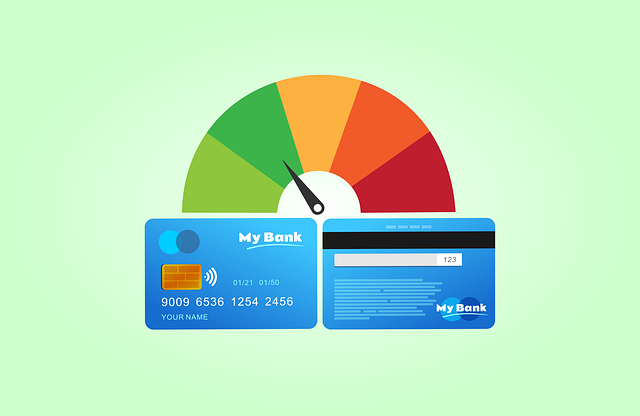
Credit scores are a crucial indicator of your financial health and can significantly impact your access to loans, credit cards, and even rental agreements in South Africa. Understanding how they work is the first step towards improving one’s score quickly. In simple terms, a credit score is a numerical representation of your creditworthiness, based on your credit history and behaviour. This score ranges from 300 to 850, with higher scores indicating better financial responsibility.
South Africans can improve their credit scores by adopting responsible financial habits such as paying bills on time, keeping credit card balances low, checking their credit reports regularly for errors, and maintaining a mix of different types of credit. By taking these measures, individuals can see improvements in their credit scores over time, making it easier to access loans with better interest rates and terms.
Factors Influencing Your Credit Score in SA

In South Africa, your credit score is a crucial indicator of your financial health and can impact various aspects of your life. Understanding what factors influence this score is essential when looking to improve it quickly. Key elements include payment history, which accounts for 40% of your credit score; it’s vital to ensure timely repayment of debts and utility bills. Credit utilisation, or the amount of available credit you’re using, makes up another significant 30%. Maintaining a low credit utilisation rate by not maxing out cards can significantly boost your score.
Additionally, the length of your credit history plays a role, with longer histories generally favourable. New credit accounts and frequent applications for new credit can negatively impact your score (10% each). Therefore, when implementing strategies to increase your credit score quickly, focus on responsible financial habits: pay bills on time, keep balances low across cards, and avoid opening multiple new accounts simultaneously.
Quick Wins to Boost Your Credit Score Immediately

Boosting your credit score quickly doesn’t have to be a daunting task. There are several “quick win” strategies South Africans can implement immediately to see an improvement in their creditworthiness. One effective method is to check your credit report for errors or discrepancies and dispute them with the credit bureau. Accurate information is key, and correcting any mistakes can positively impact your score. Additionally, paying down debt, especially high-interest credit cards, can significantly enhance your credit profile. Consider consolidating debts or negotiating lower interest rates to free up cash flow and pay off balances faster.
Another simple yet powerful technique is to ensure timely bill payments. Setting up automatic payments or reminders can help you stay on top of your financial obligations. Late or missed payments can severely damage your credit score, so making these on time will instantly boost your standing. Also, maintaining a low credit utilisation ratio (the amount of available credit you’re using) is vital. Aim to keep credit card balances below 30% of your limit, as this demonstrates responsible borrowing and can lead to an improved credit score in the short term.
Building a Solid Financial Foundation for Long-Term Credit Health

Building a solid financial foundation is the cornerstone of achieving long-term credit health and learning how to increase your credit score quickly. This involves adopting responsible financial habits that create a stable economic environment. One crucial step is understanding and managing your debt effectively. Paying off high-interest debt first can significantly impact your credit score, as it reduces your overall debt burden and demonstrates your ability to manage money responsibly.
Additionally, maintaining low credit utilization rates is essential. This refers to the amount of available credit you use compared to your total credit limit. A good rule of thumb is to keep this rate below 30%. You can achieve this by not charging more than 30% of your credit card limit and paying down balances promptly. Regularly reviewing your credit report for errors or discrepancies is also vital, as it ensures accuracy and helps identify areas for improvement in your credit score.
Utilizing Credit Cards Responsibly: A Guide for SA Users
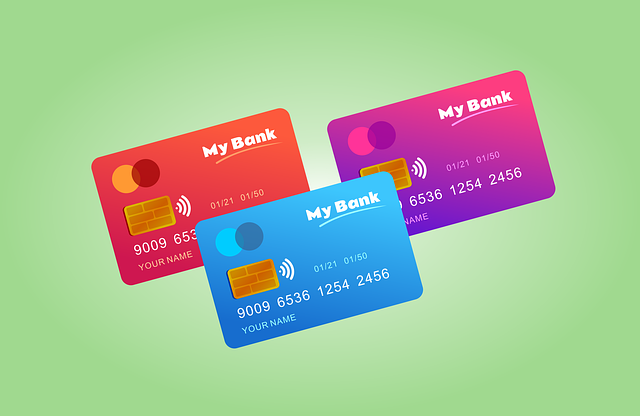
Credit cards can be a powerful tool for South Africans looking to boost their credit scores quickly, but only if used responsibly. Many cardholders believe that charging high amounts and making minimum payments is the fastest way to improve their score, but this strategy can backfire. The key is to maintain a low credit utilisation rate—aim to spend less than 30% of your available credit limit. For instance, if you have a R10,000 credit card with a R5,000 limit, try not to exceed R1,500 in purchases.
To increase your credit score quickly, set up automatic payments for the full balance due each month. This demonstrates timely repayment, which accounts for 35% of your FICO score. Additionally, keep old accounts open; closing them can negatively impact your credit history length (15% of your score). Manage your cards wisely, and you’ll be on your way to a better credit rating in no time.
Monitoring and Maintaining Your Credit Score: Tips and Tools

Monitoring your credit score is a crucial step in improving and maintaining it. In South Africa, there are several tools and resources available to help you track your progress. Many banks and financial institutions offer credit monitoring services that provide regular updates on your credit report and score. These platforms often come with tips and insights on how to enhance your creditworthiness.
Quickly increasing your credit score involves consistent efforts. Set up alerts for any changes in your credit report, as this can signal potential issues or fraudulent activities. Regularly review your statements to understand your spending patterns and ensure accuracy. Pay bills on time, maintain a low credit utilization ratio (the amount of debt compared to your available credit), and consider reducing outstanding debts to significantly boost your score over time.
Improving your credit score is an empowering step towards financial freedom, especially in South Africa. By understanding your credit basics, recognizing influencing factors, implementing quick wins, and adopting responsible financial habits, you can significantly enhance your creditworthiness. Remember, a solid credit score opens doors to better loan options, lower interest rates, and improved financial opportunities. With consistent monitoring and maintenance, you’ll be on the fast track to achieving your financial goals—so start building that bright credit future today!

